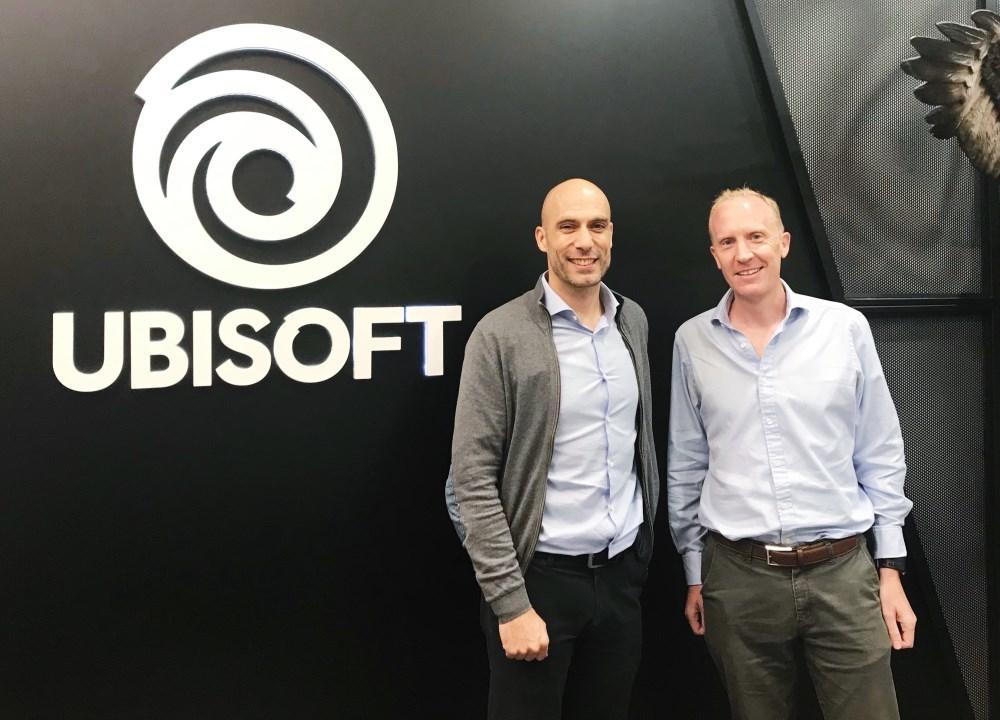Hot on the heels of news regarding the troubled development of pirate blockbuster Skull & Bones, which has to be shipped due to an agreement with the government, more details on the working culture and conditions at Ubisoft Singapore have surfaced. Suffice to say, none of it is looking good for the company, with reports of bad pay, sexual harassment, and toxic managers coming to light.

In a follow-up report by Kotaku, who first worked on the Skull & Bones exposé, the local studio has long been plagued by problematic issues that have become ingrained in the video games industry. “Ubisoft Singapore has always been kind of known [internally] to be one of the worst Ubisoft studios in terms of culture,” said one former developer of the French giant. “People would visit [from other studios] and be like, ‘What the f– is wrong here?'”
The first point of discontent stems from racial pay disparities, uneven profit splits, and underpaying wages. As it stands, there’s a possibility that local employees might be paid just below the minimum range listed on a government job posting site, while expats were paid somewhere within the range, such that the difference could add up anywhere between S$5,000 and S$10,000 a year.
These disparities, described as a known issue, have naturally incited tension and frustration, a situation that’s further exacerbated by a reluctance to nip the problem in the bud. According to several individuals, the HR department would defend it on the grounds of different levels of experience or costs of living, including the common Asian household practice of living with one’s parents late into their 20s. The reasoning, as such, is that Singaporeans could do without the raises, which is frankly, ridiculous.
For one, the assumption that one doesn’t have to pay or settle utility bills, taxes, and everyday costs just because they live with their family under one roof is certainly unfair. Besides, the public housing allocation system is tied to certain eligibility considerations, such as marital status, proximity to a family member or more, and income – some of which are more difficult to meet than others – so it’s not like everyone is unwilling to move out. Condominiums and private property, meanwhile, are only for those who can afford the luxury.

Simply put, the justification is not well thought out at all, though it should be noted that the HR department is also beholden to the priorities of management, despite being primarily run by local Singaporeans.
Unfair wages are just one part of the problem. Speaking to Kotaku, three former developers highlighted uneven spoils as well, where the senior managers at Ubisoft Singapore are paid a lot more than their counterparts at overseas studios. In contrast, pay raises in 2021 were limited to just 2 to 3 percent of the employee population on average, and it doesn’t help that competitors were already paying much, much more.
Complaints in other areas, including sexual harassment, are said to be often swept under the rug, too. One former developer shared her encounter of being approached and touched inappropriately by a male colleague, only for HR to brush off her discomfort by blaming body language or claiming miscommunication due to cultural differences.
“The training couldn’t change a culture that’s so ingrained with misogyny that every time someone comes out of their training they just make fun of it and say things like, ‘Oh no, you complimented my hair, that’s sexual harassment,'” she said in the report.
The problematic prevalence of this “bro culture”, misogyny, and toxic management isn’t new in the video games industry, and changing all of that will likely remain an exhausting uphill battle for many, many years to come.

It’s terribly upsetting and disappointing that such a revolting culture has been unfolding close to home, and for a company that has pledged to take action against workplace misconduct and similar behaviour, the company is doing a pretty poor job of it thus far – just look at how former managing director Hugues Ricour was reassigned to another studio instead of being given the boot, even after multiple complaints of sexual misconduct.
Do better, Ubisoft.













